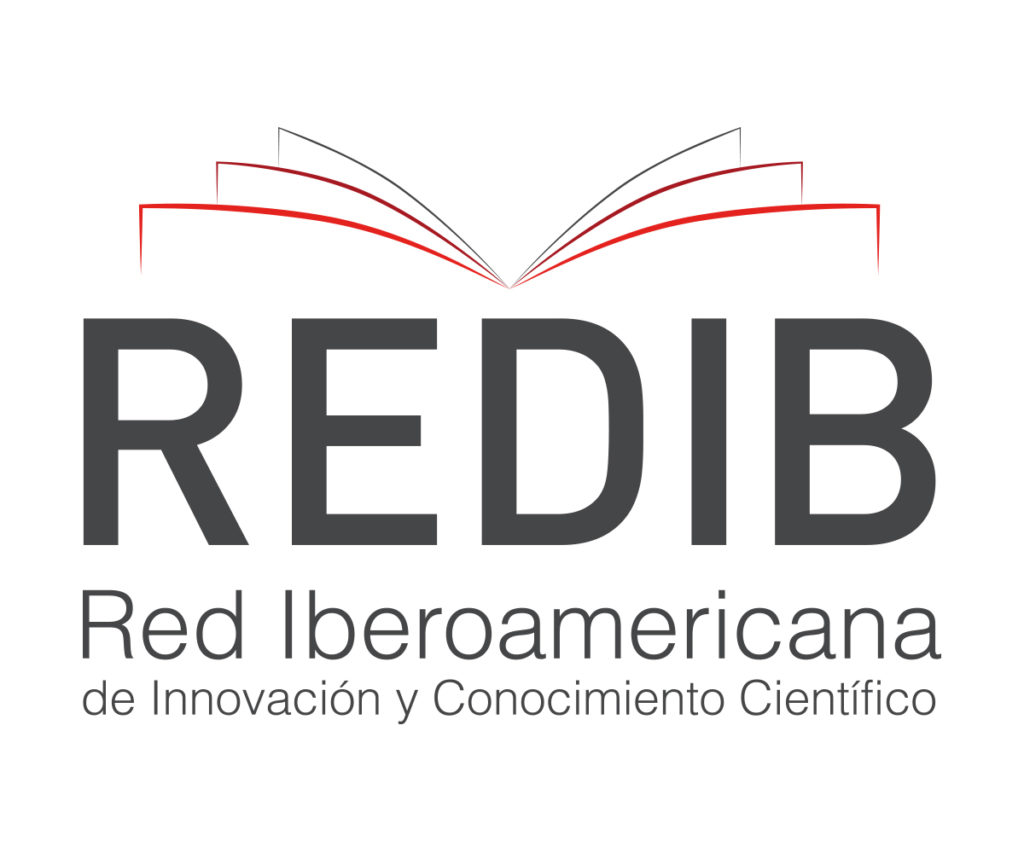Escepticismo y feminismo Una alianza posible
Skepticism and feminism A possible alliance
DOI:
https://doi.org/10.15446/ideasyvalores.v72n10Supl.111019Palabras clave:
D. Hume, epistemología feminista, escepticismo, género (es)D. Hume, feminist epistemology, skepticism, gender (en)
Descargas
Este artículo problematiza la forma en la que el feminismo ha interpretado al escepticismo como una amenaza para su proyecto epistemológico, ético y político, y plantea que, a pesar de dicha interpretación, el escepticismo es inherente a la filosofía feminista y un aliado útil para su proyecto. El problema ha estado en cómo el feminismo ha reducido su comprensión del escepticismo a una versión cartesiana extrema y ha pasado por alto otras corrientes de la tradición —como la de David Hume— que podrían ser fructíferas para promover una actitud crítica y emancipatoria. Muestra así como una alianza entre una comprensión moderada del escepticismo y el feminismo puede brindar las herramientas necesarias para cuestionar formas de dominación patriarcal y poner en marcha investigaciones que combatan la opresión de género.
This article problematizes feminism’s current interpretation of skepticism as a threat to its epistemological, ethical, and political project, and argues that, despite this common view, skepticism is inherent to feminist philosophy and the latter can benefit from it. The problem lies in feminism’s narrow understanding of skepticism that identifies it with a form of extreme Cartesianism, and leaves aside other skeptical variants, such as David Hume’s moderate skepticism, which can be useful in promoting a critical and emancipatory stance, akin to feminism. The article demonstrates, then, how an alliance between feminism and this moderate kind of skepticism can contribute to question forms of patriarchal domination and propose lines of research that aim at combatting gender oppression.
Referencias
Alcoff, Linda and Potter, Elizabeth. “Introduction: When Feminisms Intersect Epistemology.” Feminist Epistemologies. Edited by Linda Alcoff and Elizabeth Potter. Routledge, 1993. 1-14.
Ahmed, Sara. Living a Feminist Life. Duke University Press, 2017. DOI: https://doi.org/10.1515/9780822373377
Bartky, Sandra Lee. “Towards a Feminist Consciousness.” Femininity & Domination: Studies in the Phenomenology of Oppression. Routledge, 1990.
Bess, Carol Joann. “Gender Bias in Health: A Life or Death Issue for Woman with Coronary Heart Disease.” Hastings Women’s Law Journal 6.1 (1995): 41-65. [https://repository.uchastings.edu/hwlj/vol6/iss1/3/]
Beery, Theresa A. “Gender bias in the diagnosis and treatment of coronary artery disease.” Heart Lung 24.6 (1995): 427-435. [https://doi.org/10.1016/S0147-9563(95)80020-4]
Brister, Evelyn. “Feminist Epistemology, Contextualism, and Philosophical Skepticism.” Metaphilosophy 40.5 (2009): 671-688. DOI: https://doi.org/10.1111/j.1467-9973.2009.01613.x
“Cardiology’s Problem Women.” The Lancet 393.10175 (2019): 959. [https://doi.org/10.1016/S0140-6736(19)30510-0]
Cicerón, Marco Tulio. Cuestiones Académicas. Traducción de Julio Pimentel. Universidad Nacional Autónoma de México, 1990. [Acad.]
Code, Lorraine. What Can She Know? Feminist Theory and the Construction of Knowledge. Cornell University Press, 1991. DOI: https://doi.org/10.7591/9781501735738
Code, Lorraine. “Skepticism and the Lure of Ambiguity.” Hypatia 21.3 (2006): 222-228. DOI: https://doi.org/10.1111/j.1527-2001.2006.tb01121.x
Code, Lorraine. “Taking Subjectivity into Account.” Education, Culture and Epistemological Diversity: Mapping a Disputed Terrain. Edited by Claudia W. Ruitenberg and D.C. Phillips. Springer, 2012, 85-100. DOI: https://doi.org/10.1007/978-94-007-2066-4_5
Collins, Patricia Hill. Black Feminist Thought. Routledge, 1990.
Daugherty, Stacie L. et al. “Implicit Gender Bias and the Use of Cardiovascular Tests Among Cardiologists.” Journal of the American Heart Association 6.12 (2017). [https://doi.org/10.1161/JAHA.117.006872]
Fosl, Peter. Hume’s Scepticism: Pyrrhonian and Academic. Edinburgh University Press, 2019. DOI: https://doi.org/10.3366/edinburgh/9781474451123.001.0001
Frye, Marilyn. “Oppression.” Politics of Reality. Crossing Press, 1983, 10-16.
González, Catalina. Academic Skepticism in Hume and Kant: A Ciceronian Critique of Metaphysics. Springer, 2022.
Grasswick, Heidi E. “Introduction: Feminist Epistemology and Philosophy of Science in the Twenty-First Century.” Feminist Epistemology and the Philosophhy of Science:
Power in Knowledge. Edited by Heidi E. Grasswick. Springer, 2011, i-xxx.
Haslanger, Sally. “What Knowledge Is and What It Ought to Be: Feminist Values and Normative Epistemology.” Philosophical Perspectives 13 (1999): 459-480. DOI: https://doi.org/10.1111/0029-4624.33.s13.20
Hume, David. Investigación sobre el conocimiento humano [ieh]. Traducido por Jaime de Salas. Alianza, 2005.
Hume, David. Tratado de la Naturaleza Humana [t]. Traducido por Felix Duque. Tecnos, 2005.
Popkin, Richard H. “David Hume: His Pyrrhonism and His Critique of Pyrrhonism.” The Philosophical Quarterly 1.5 (1951): 385-407. DOI: https://doi.org/10.2307/2216311
Scheman, Naomi. Shifting Ground: Knowledge and Reality, Transgression and Trustworthiness. Oxford University Press, 2011. DOI: https://doi.org/10.1093/acprof:osobl/9780195395112.001.0001
Scheman, Naomi. “Though There Be a Method, Yet There is Madness in It: Paranoia and Liberal Epistemology.” Engenderings: Constructions of Knowledge, Authority, and Privilege. Edited by Naomi Scheman. Routledge, 1993, 75-105.
Sexto Empírico. Esbozos Pirrónicos [ep]. Gredos, 1993
Cómo citar
MODERN-LANGUAGE-ASSOCIATION
ACM
ACS
APA
ABNT
Chicago
Harvard
IEEE
Turabian
Vancouver
Descargar cita
Licencia
Derechos de autor 2023 Los derechos son del autor(es), quien(es) puede re-publicar en parte o en su totalidad el documento ya publicado en la revista siempre y cuando se dé el debido reconocimiento a Ideas y Valores

Esta obra está bajo una licencia internacional Creative Commons Atribución-NoComercial-SinDerivadas 4.0.
De acuerdo con la Licencia Creative Commons Atribución-No Comercial-SinDerivar 4.0 Internacional. Se autoriza copiar, redistribuir el material en cualquier medio o formato, siempre y cuando se conceda el crédito a los autores de los textos y a Ideas y Valores como fuente de publicación original. No se permite el uso comercial de copia o distribución de contenidos, así como tampoco la adaptación, derivación o transformación alguna de estos sin la autorización previa de los autores y de la dirección de Ideas y Valores. Para mayor información sobre los términos de esta licencia puede consultar: http://creativecommons.org/licenses/by-nc-nd/4.0/legalcode.















.jpg)











